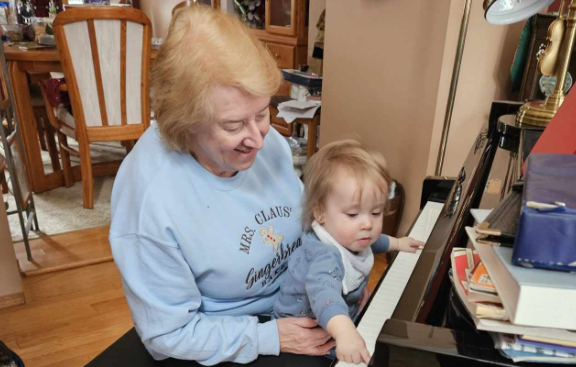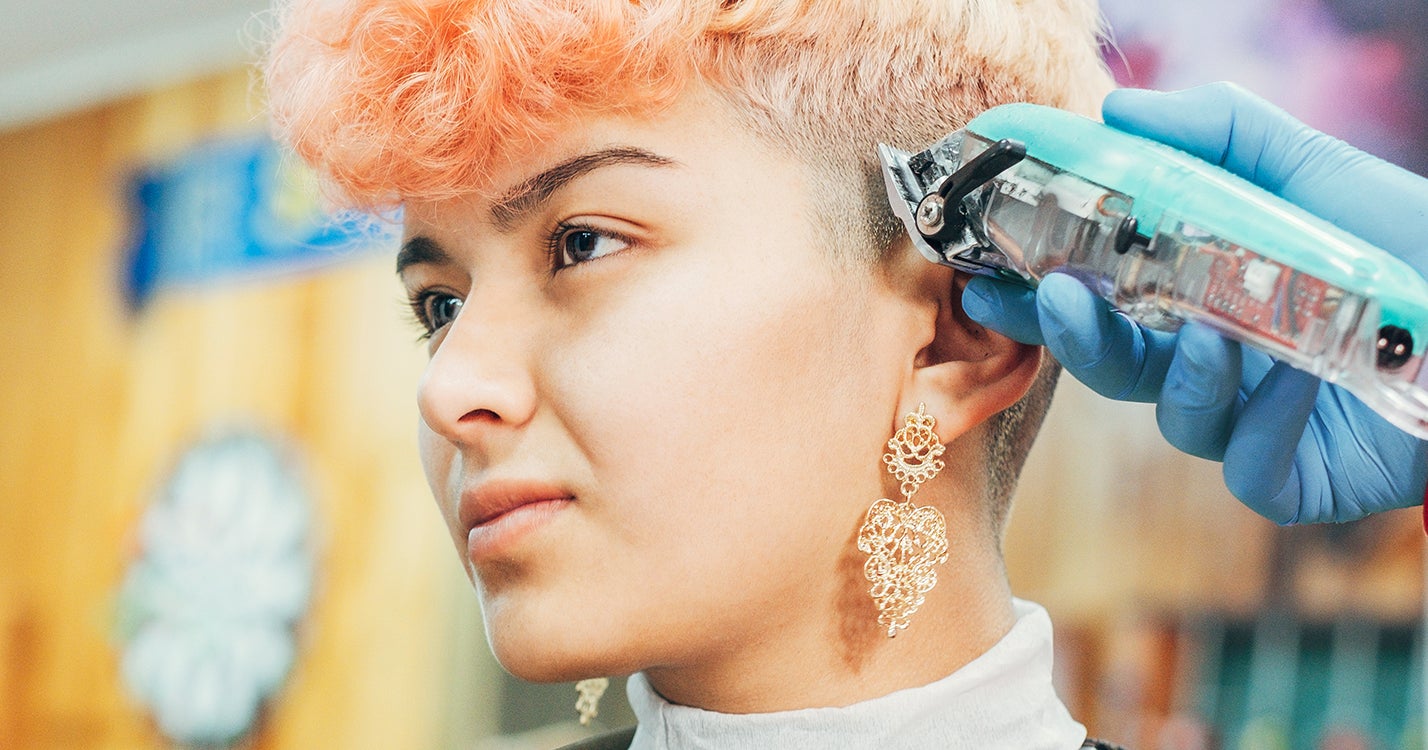I had the incredibly good fortune over the holidays to spend a lot of time with family.
My wife and I travelled to B.C. over Christmas to visit with both sons and their families, then our older son, his wife and baby son joined us in Calgary for new year’s.
It was my first opportunity since my own sons were little to spend a lot of time with a bright, inquisitive infant. It was an eye-opening experience, because as a grandfather I was able to play and interact with him without having to balance a lot of other responsibilities. Mom and Dad were more than happy to let baby and me play while they caught up on sleep or just relaxed a bit.
Theodore, 14 months old, was fascinated by his new environments. His first experiences of cold weather and snow. A whole new household with different lights, different floors, a host of new drawers and cupboards to open (and close, and open and close, and open and close), and new sets of toys. A different place to sleep, which he didn’t do enough because of all the other new things, and a new bathtub that required different navigational skills.
His days were full of exploration and inquiry. Every drawer and every cupboard had all sorts of new stuff that needed to be taken out, examined, sometimes thrown, and sometimes put carefully away again. It brought back memories as he dissected the same drawers his father had explored over 30 years ago.
But what struck me the most were the hours of concentration trying out new stuff and working to understand what was happening. I don’t know how long he spent with his set of five stacking rings – not just stacking and unstacking them on the little column, but experimenting to see how they behaved under different conditions. If he dropped one on the carpet, it would settle quickly as any spin or other movement was damped out on the soft surface. If he dropped it on the kitchen floor or fireplace hearth it would roll or spin, and take quite some time to finally be still.
He went back and forth, back and forth between the floor and the carpet, dropping the same ring to see what it would do in different places. He would throw it, drop it, or place it carefully. He would try different sized rings, seeing that the bigger ones would roll further and tend to take longer to settle down. All the while he was following every motion intently.
When I joined in to show him how far a ring could roll if you set it on edge and gave a push, he watched carefully, scuttled over to bring it back to me, and went “ah-ah-ah” to get me to roll it again.
And the piano – different keys, different sounds – could have gone on for hours. Gives new meaning to the term “baby grand”.
It wasn’t just the physical environment. Theodore would stand in front of a bank of drawers, carefully pull one open, look to me to say “open”, then close it and look back to me to affirm that it was “closed”. Mealtimes were opportunities to figure out how Grandma and Grandpa would react to food being dropped on the floor, versus what Mom and Dad might say.
Always observing. Always thinking. Always learning. Every waking hour.
There is a lesson here for all of us. When we are very young, we are great learners because there is just so much to learn. Some of us continue to be keen learners throughout our lives – trying out new things, observing, reading and thinking to reach conclusions and new understandings. Being a successful, creative person pretty much demands that you be a life-long learner.
Unfortunately, many people seem to lose the drive or desire to learn as they get older. Instead of experimenting, observing and thinking, they get by on what they know already. Instead of thinking critically, they try to fit whatever new information they might encounter into their existing world view instead of expanding their horizons.
But the world changes, faster and faster every day. What we learned as an infant, a child or even a young adult is not enough. If we don’t keep up, we fall behind.
How can you have relevant opinions about an issue when you do not understand the issue itself?
I see the problem every day – in conversations, teaching, and online interactions. People satisfied with what they knew years ago, or what they heard from some celebrity or from a media quick hit that starts with “Experts say…”. People lacking the motivation or curiosity to question what they hear or to understand different points of view.
Obviously, most do not have the time to investigate everything the way Theodore investigated his stacking rings. You have to choose your spots and align with your passions. I write only about issues I’ve researched thoroughly – so you see articles from me about energy and resources, but not about other issues for which I can’t bring informed viewpoints and a lot of thought to the table.
So take some lessons from little Theodore. Observe. Listen. Think. Try stuff out. Realize that other people can help.
These are lessons for success.















